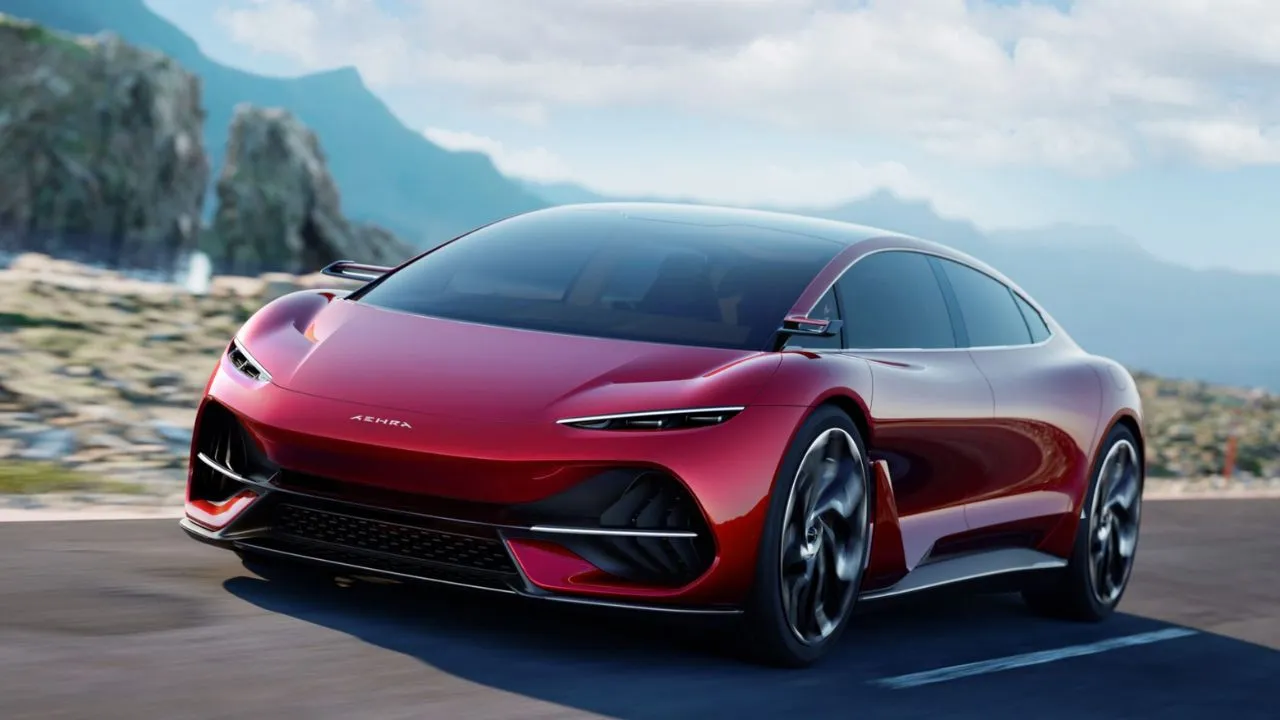Are Electric Cars Worth It in 2025? Pros, Cons, and Real Costs
Electric cars are no longer just a futuristic concept. In 2025, they’re everywhere — from compact city cars to luxury SUVs. But with all the buzz around EVs (electric vehicles), many drivers are asking a simple question: Is it really worth switching to an electric car this year?
This article breaks down the real benefits and drawbacks of electric cars in 2025, helping you decide whether an EV fits your lifestyle, budget, and driving habits.
Pros of Electric Cars in 2025
1. Lower Running Costs
One of the biggest reasons people switch to electric cars is the lower cost of “fuel.” Electricity is significantly cheaper than gasoline in most regions. Plus, EVs require less maintenance — no oil changes, fewer moving parts, and fewer fluids to replace.
2. Environmental Benefits
EVs produce zero tailpipe emissions. If you care about reducing your carbon footprint, an electric vehicle is a great step in the right direction — especially when powered by renewable energy sources.
3. Quiet and Smooth Driving Experience
Electric motors are silent and deliver instant torque. That means smooth acceleration and a quieter ride, which many drivers find more relaxing compared to traditional engines.
4. Government Incentives
In many countries, governments still offer tax credits, free charging stations, or discounts on registration fees for EV buyers. These incentives can significantly lower the initial purchase price.
5. Technological Advantages
Most electric cars come with advanced features such as regenerative braking, over-the-air software updates, and integrated smart systems that monitor battery health, efficiency, and range.
Cons of Electric Cars in 2025
1. Higher Upfront Costs
Despite falling prices, electric vehicles are often still more expensive to buy than their gas-powered equivalents. However, the gap is closing each year.
2. Limited Charging Infrastructure in Some Areas
While charging networks are growing fast, rural or underdeveloped areas may still lack convenient charging stations. Planning longer trips can be more complicated for EV owners.
3. Charging Time
Unlike gas cars that refuel in minutes, EVs take longer to recharge — even with fast chargers. A full home charge can take 6 to 10 hours, while fast charging can take 30–60 minutes depending on your car and station.
4. Battery Replacement Cost
Although EV batteries are built to last many years (often with 8–10 year warranties), replacing a battery pack can be costly if it fails after the warranty expires.
5. Limited Model Availability (In Some Markets)
Not all car models are available as EVs, and certain regions still have fewer electric options compared to the gasoline market.
What Does It Really Cost to Own an EV in 2025?
Let’s break it down with a real-world example. Suppose you buy a compact electric car for $25,000. Here’s a rough look at ownership over 5 years:
- Electricity costs: $400/year × 5 = $2,000
- Maintenance: ~$200/year = $1,000
- Tax incentives: Up to $3,000 off upfront
- Total estimated cost: ~$25,000 – $3,000 (incentive) + $3,000 (running costs) = $25,000 over 5 years
Compared to a gasoline car that may cost $1,200/year in fuel and more in maintenance, EVs can save you $3,000–$5,000 over the long term.
Who Should Consider Buying an Electric Car?
Electric cars are a good choice in 2025 if you:
- Have access to home or nearby charging
- Drive mainly in cities or for short to medium distances
- Want to reduce your environmental impact
- Don’t mind paying more upfront to save later
If you travel long distances often or live far from charging stations, a hybrid or fuel-efficient gas car may still be more practical — at least for now.
Conclusion
So, are electric cars worth it in 2025? For many drivers — yes. They’re cheaper to run, better for the planet, and offer a driving experience that’s hard to beat. But they’re not perfect for everyone, and it’s important to consider your location, driving habits, and access to charging.
As technology improves and prices continue to drop, EVs are quickly becoming the new normal. Whether you’re ready to switch now or still waiting, staying informed is the best first step.
For more electric car guides, model reviews, and price comparisons, visit Souq Bena regularly.

